After last year’s disappointment with the cancellation of EDC Tokyo 2016, the time has come, my ninjas. The coming of EDC to Japan can mark a big introduction of a more electronic dance music culture presence here in Japan. Big news!
Some of you are getting ready to pack your bags for the first ever Electric Daisy Carnival Tokyo. But hold up, there are a couple of things you need to bring and a few things to take note of if you’re raving in Japan.
Unfortunately, this is not an article that will tell you what to bring physically. However, because I have been living here for about 3 years, I have some insight on the scene here as well as Japanese society. I hope to bring you the awareness that you will need to enjoy EDC Japan fully, or at least be able to understand it from a new perspective.
Festivals and EDM culture exists in Japan, but not as openly as it is in other countries. Societal norms and even the law had made it difficult for electronic dance music culture to thrive.
By the way, DANCING USED TO BE ILLEGAL after midnight until recently, and now we are free to dance! So…

1. Bring your dance moves
An almost 70 year dancing ban is hard to believe, right? There’s some history behind this. Basically, anti-dance laws were created a little after World War 2. It is said that the reason behind the ban on dancing was because dancing halls or clubs, were often used to disguise prostitution. During this time, the economy was bad and times were hard. These dance clubs were connected to drugs, violence, and many times gangs.
Of course, the dancing didn’t stop, especially because it is human nature to dance to sick beats, and the thought of banning dancing is ridiculous. But in the past, there have often been closures of clubs and events due to allowing dancing. Like, actual dancing. It doesn’t help that the police are very strict with clubs holding multiple licenses in order to play music. I’ve been to an event where police came and shut down the event after midnight. The main DJ didn’t even get to play.
Anywho, these laws were made to try to stop illegal things from happening but it ended up being an oppressive act against the people. Fortunately, people protested and the government agreed that banning dancing prevented people from exercising their human right of expression. So now dancing is okay!
Whether it’s deep-seated fears of these laws or the reserved culture, I came to believe that people aren’t as dancey as they are where I am from. With my time being here, I noticed that only the brave, godly skilled, strange, or incredibly shit faced people dance. In America, I am an awkward dancer. In Japan, I am a dancer worthy of praise. (I am not anywhere near good by the way). This was because there was no one really around to compare me to.
The dance music culture is also shrouded in bad imagery. As I came from America, where it is common to go to clubs, I have developed a playboy image here unintentionally, especially since I often go to techno and house music events, and occasionally music festivals.
I wondered about this for a long time, but with some research and gathering opinions of hundreds of English students, I now know why (I’m an English teacher here). Combined with the restrictions of law, and clubs, and crazy music festivals being connected to sexual looseness, drugs, gangs, etc., it’s no wonder that people want to stay away from it.
Of course, the opinion of people who actually go to these clubs and the outsiders are extremely different. It may be that Japanese people like to party in a different way. But one thing is true – people are afraid to dance openly and freely.
On the other hand, when a club or festival builds up, and if a good amount of people start dancing, everyone starts to dance. Especially in a collectivist society which values togetherness, people here are very skilled at sensing the energy of a certain place and atmosphere. Through my experience, Japanese people are exceptional at feeling the music, getting deep and right into it. It just takes them a little bit of a push..like “it’s okay to dance now. I don’t have to be resitricted by social rules”. That kind of thing. If you want to now a bit more, you can research “honne” and “tatemae”, which is someone’s real behavior which they show to their friends and public behavior which is required in a work/public setting.

Courtesy of Hedkandi
I’ve been to the most amazing parties in my life in Japan. The best ones of all were the ones where people just let go and enjoyed themselves. However, I feel that not many Japanese people on the surface know of this underground feeling. When people start dancing here, that’s when their true colors come out and it feels great.
This brings me to beg you EDM brothers and sisters to dance your heart out. Let loose, let go, be free. Don’t worry too much about the cultural rules here because you’re a foreigner and you’re not restricted to them. Do show people here that dancing is a form of freedom. Japan looks toward the west in terms of inspiration when it comes to music, fashion, and behaviors of expression.
Which brings me to my next point.
2. Bring your extroverted Western nature
It is popularly believed that Japanese people are shy, withdrawn, and hard to communicate with, especially in English. This is true to some extent, but not necessicarily. As long as you show interest in Japanese people, they will show interest in you.
In this society, initiating small talk isn’t as socially accepted as in other cultures. In trains, cafes, and convenience stores, I have had little to no interactions at all with strangers for three years. If I wanted interaction, I would have to be the one to initiate conversation. A simple “how are you doing?” is really strange for many people here if you don’t know the person. Even at events, this is true. However, I have overcome this barrier by trying extra hard to talk to people during events. It’s not that they didn’t want to talk to me. It was because they didn’t know how to and I noticed that our communication styles are different.
Thus, I encourage you guys to be the first ones to initiate contact. If you want to talk to the people here, don’t hold back. They will be receptive to you as long as you’re gentle. As we already know, people come to festivals in order to socialize, meet friends, and break through barriers that prevent us from connecting to each other in “real life”. Speaking in English, Japanese, or whatever native language you speak, is okay too. I believe that language shouldn’t hold us back to enjoy life with other people and music.
With great friends around me in the music community, I was able to feel apart of the whole. I advise you guys coming to not be afraid to communicate to people here. Show them how we do and show them the way of the festival which is why it’s important to…
3. Bring your PLUR
Because I haven’t talked to many people about it in my time being here, I feel that there is a serious need of PLUR. As I went to a few festivals and shows here in Osaka, I have not exchanged kandi often. Actually, I only remember trading once with a close friend, PartyFishYuri. As a kandi kid, coming to Japan and not knowing many people who made kandi, I felt a bit lonely. Not that trading kandi is a pre-requisite to understanding PLUR, but to me, it represents something more symbolic than just a bracelet. It represents a sharing of a mutually understood culture.
However, you don’t have to trade kandi. You don’t have to be all touchy or anything. I just ask of you to pass on those feelings of your first event..how good it felt to be connected with someone and not be alone. You know, those warm and fuzzy feelings. I talk a lot about how EDM is connecting the world and how the normalizing of PLUR culture can do great things for us.
With that being said,
Japan is a still an AMAZING place to party.
And there is a lot to this society that makes it an amazing country to live in. The safety, the extreme politeness, respect, and reserved culture are all great things – It helps people work together and keeps the peace among people. I have never felt in any danger here and I can easily walk out in the streets, crazy drunk, around 4 AM with no fear of being robbed or groped. Plus, I have lost my wallet three times and had it returned to me because someone turned it in.
By the way, ALL YOU CAN DRINK beer, cocktails, sake, etc. is a thing here and many of them are less that $20 (called NOMIHOUDAI).

Something tells me that Japan naturally has PLUR embedded within the culture. You will be amazed at how polite people here are. But it is some parts of the culture which make it difficult to connect with people, communicate, and express oneself fully. Don’t get me wrong: Japan knows how to party when everyone is feeling the music. I was lucky to have met many great people here who party just as hard as I do and aren’t afraid to do so.
As I said earlier, it just takes a push, or spark to ignite the fire. We can party as hard and as best as we can by sharing the festival culture – By showing that we are able to move, dance, and love freely.
For you and I, those who have experienced it many times, festivals have become an outlet to escape societal restraints so that we could do these things. EDC Japan presents this chance for the people of Japan as long as we share the love and freedom we know of.



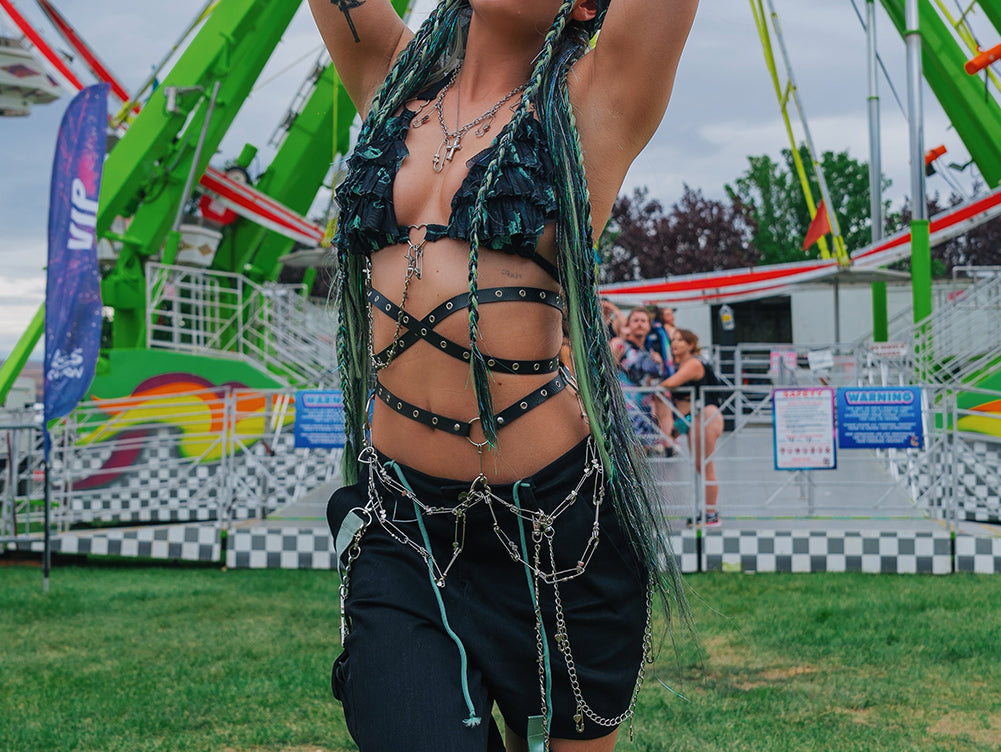
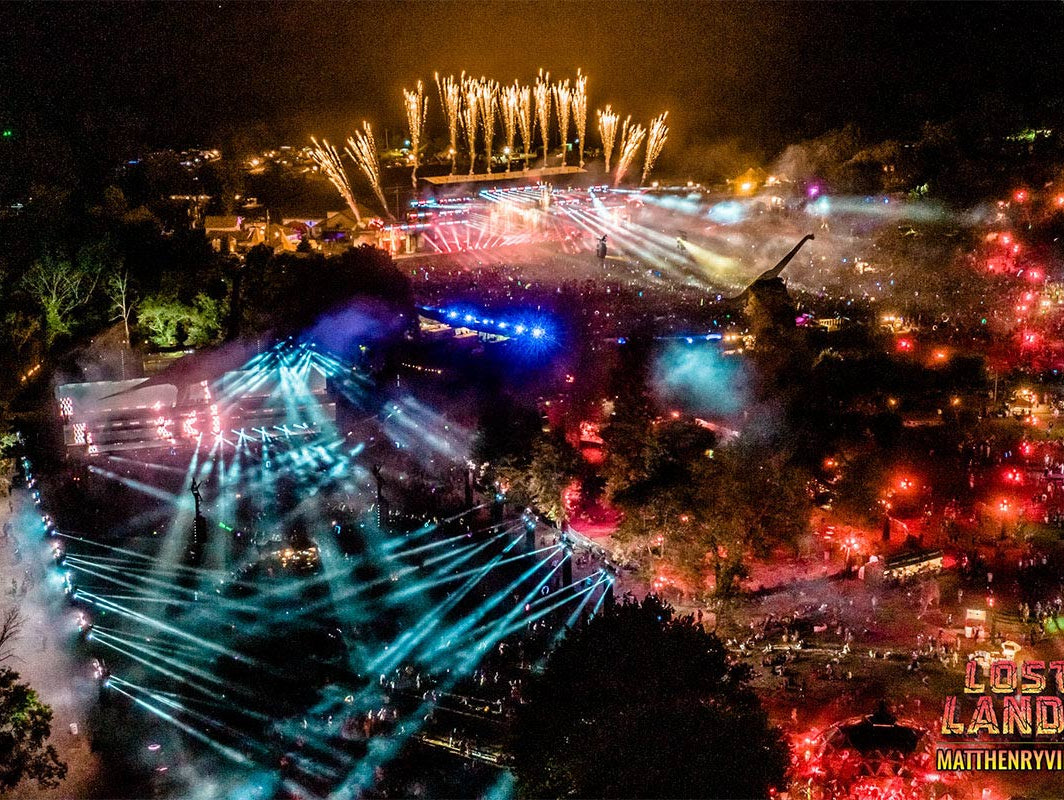
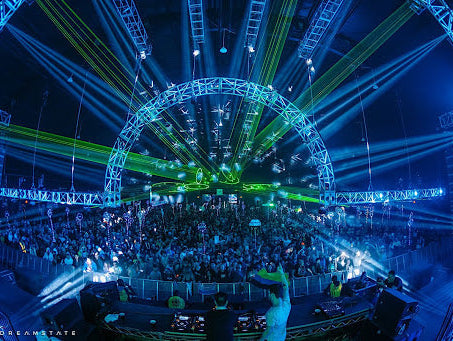
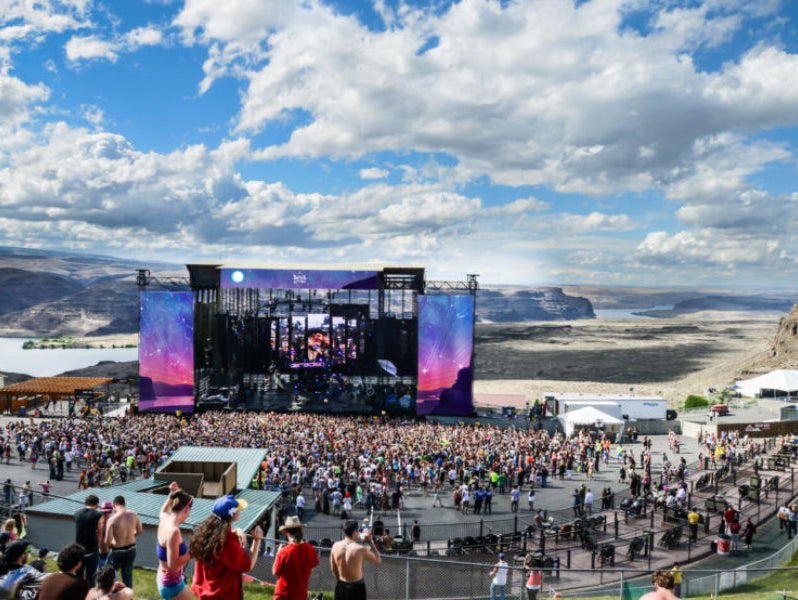


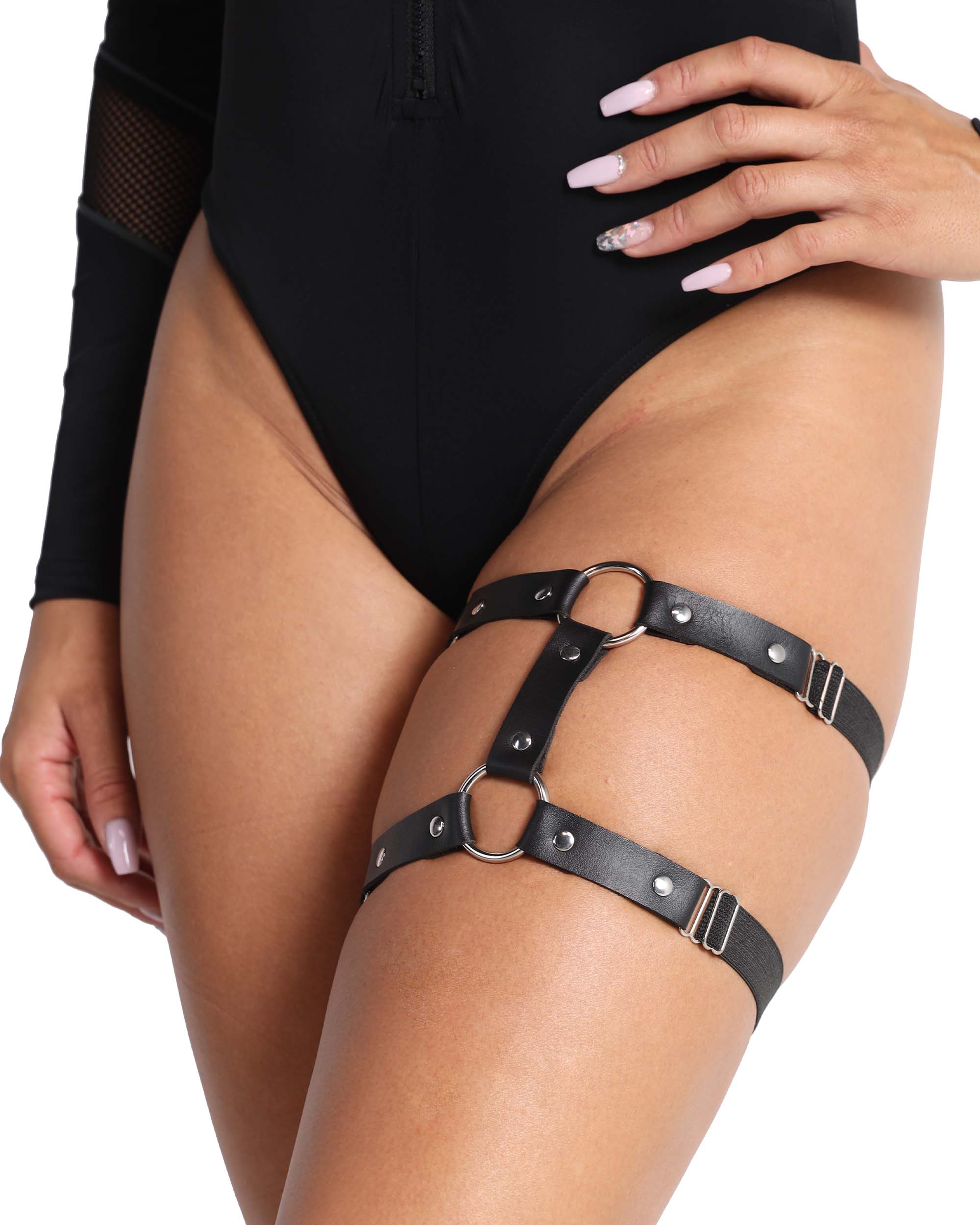


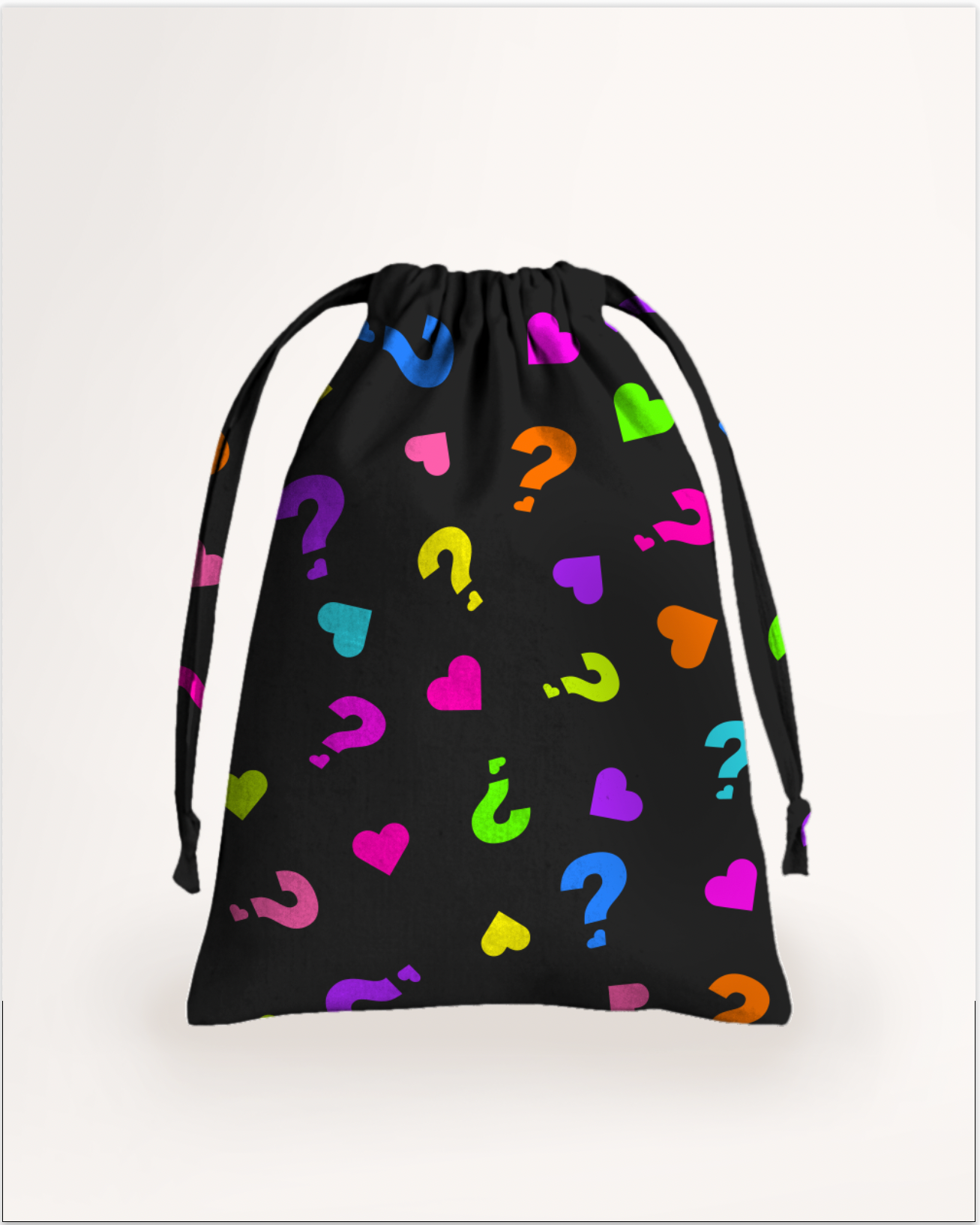

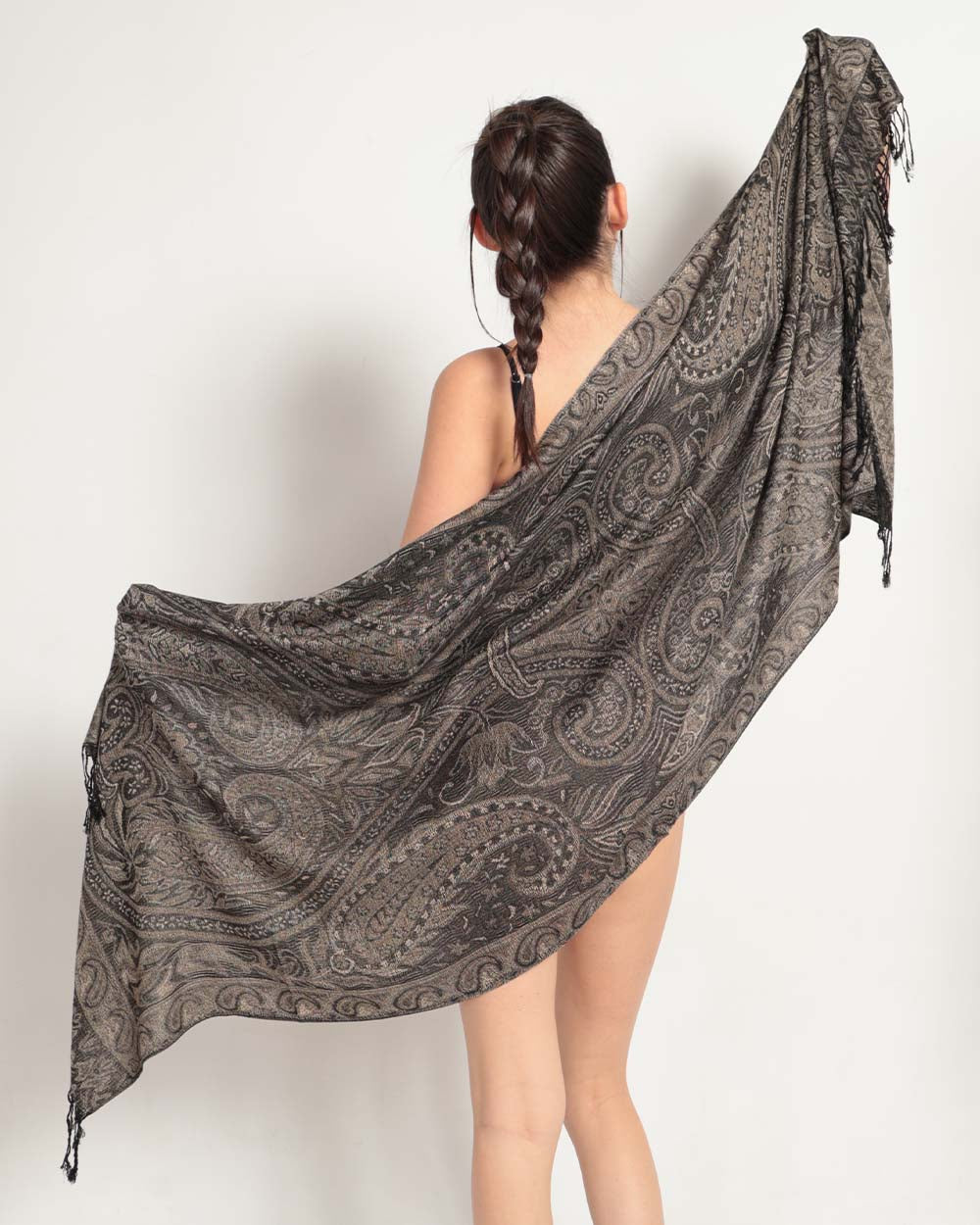
Comments
Hey,
Ill be in Japan from April9-13th got any good EDM shows you can recommend?